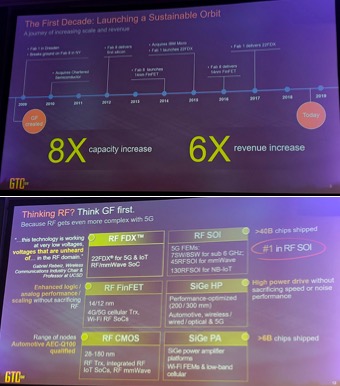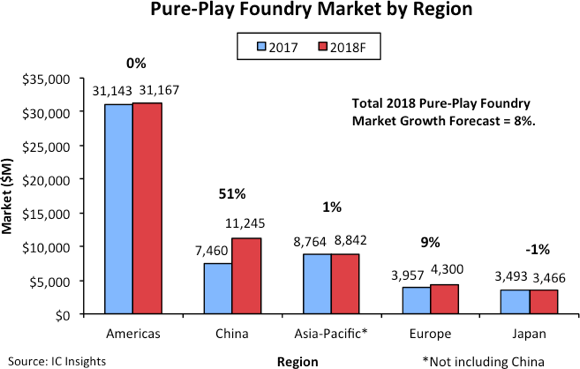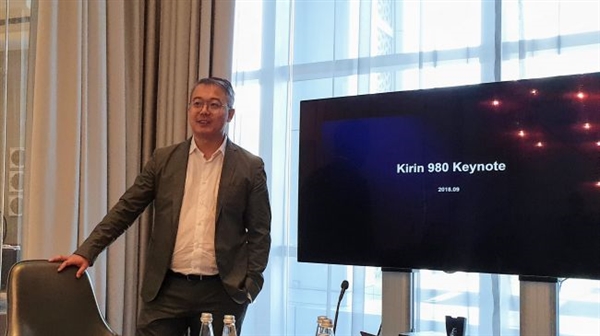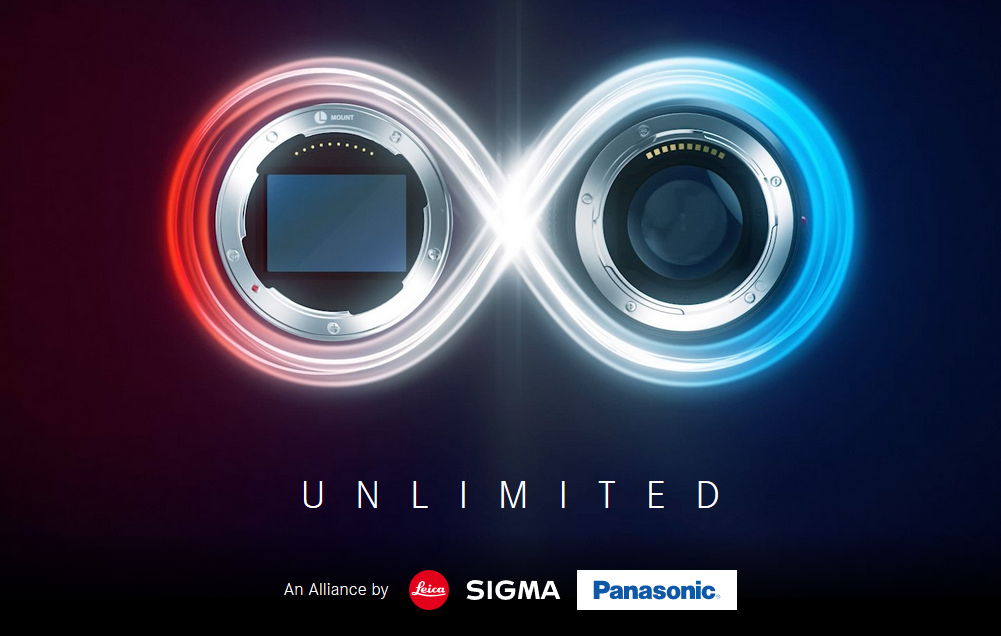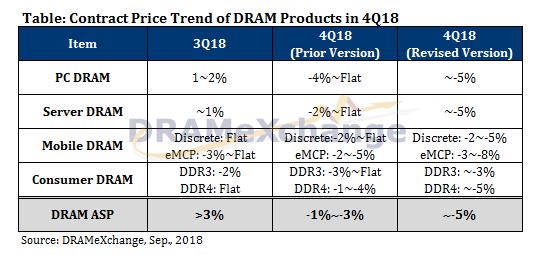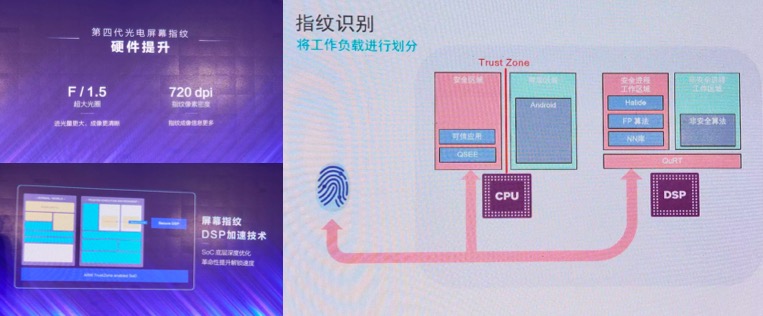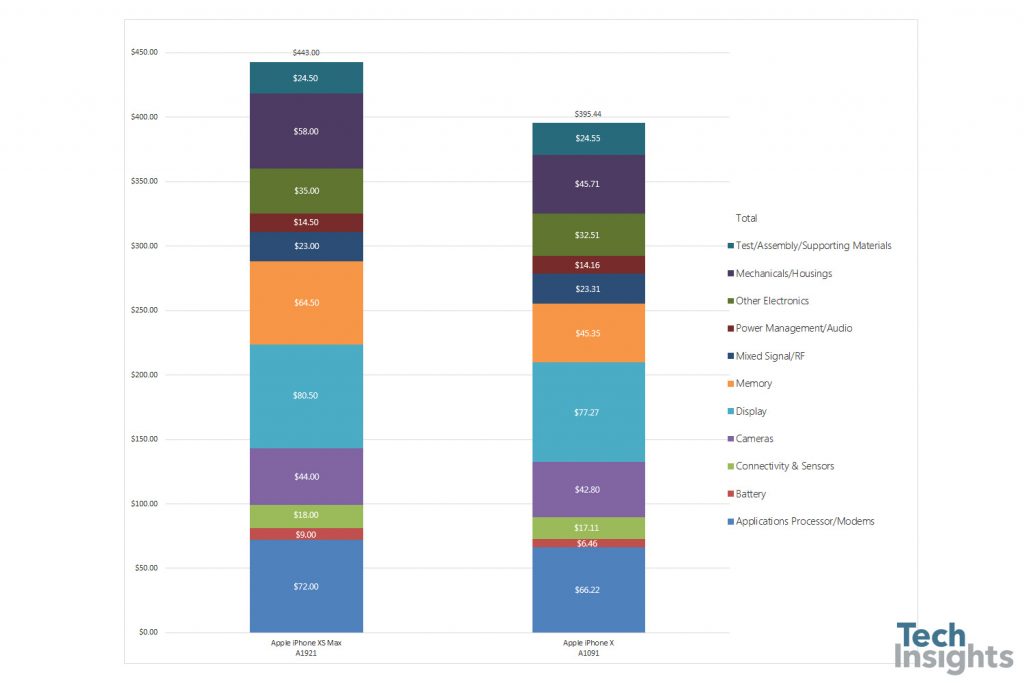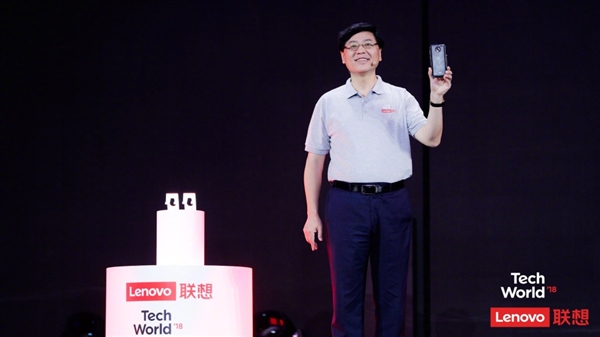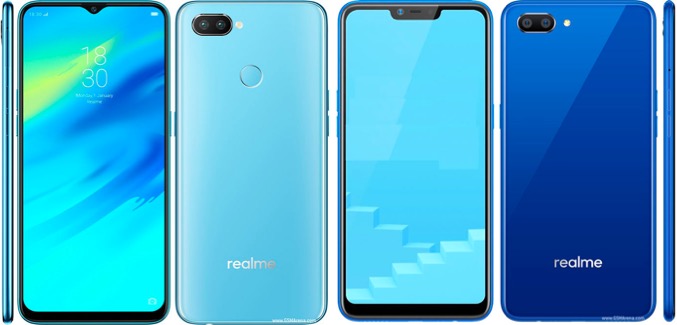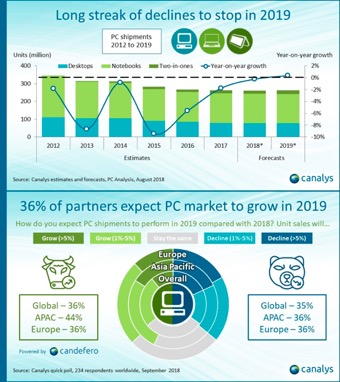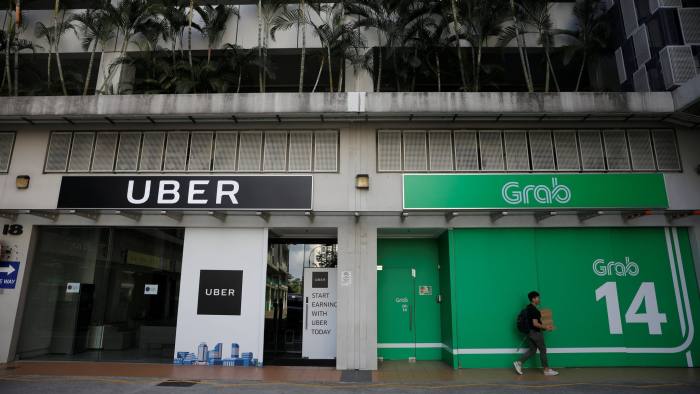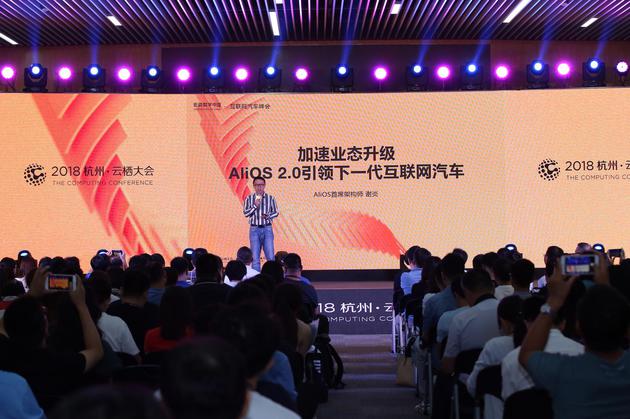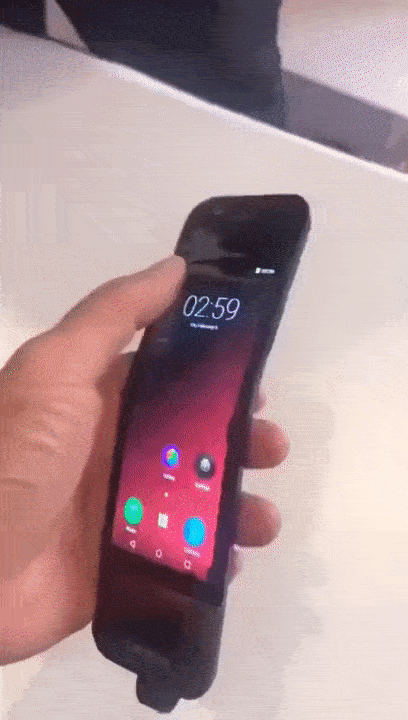
09-27: Lenovo’s foldable smartphone allegedly to announce in Oct 2018; vivo has announced a new technology called DSP Acceleration; etc.
Chipsets
Qualcomm has accused Apple of stealing trade secrets and handing them over to Intel, a filing with the Superior Court of California claims, alleging Apple wanted to use the information to improve the performance of chips provided to it via Intel. (Apple Insider, CNBC, Sina, My Drivers)
Globalfoundries has promised to squeeze out 10%~22% area, performance, and power gains from its 12nm / 14nm FinFET and planar nodes. That is roughly in line with the kind of gains that its much larger rival, TSMC, is reporting in bleeding edge nodes as Moore’s Law slows. Globalfoundries will also focus on FD-SOI process, with currently mass production of 22nm FD-SOI (or 22FDX). In the near future, the company will have 12FDX process. (CN Beta, EE Times, My Drivers, Semiconductor Today, Globe Newswire)
China’s pure-play foundry market is expected to increase 51% in 2018, while China’s total share of the global pure-play foundry market will jump by 5pp to 19%, according to IC Insights. Overall, China is forecast to be responsible for 90% of the USD4.2B increase in the total pure-play foundry market in 2018. (Digitimes, press, IC Insights, press, Wall Street CN)
HiSilicon Kirin processors will remain exclusive to Huawei and Honor devices, according to the company’s Senior Product Director, Brody Ji. Huawei sees its chipset endeavor “not as a business” but as an in-house product capable of giving its smartphones a competitive edge against their rivals. (Android Headlines, CN Beta)
Touch Display
Lenovo’s foldable phone allegedly will be announced in Oct 2018. (CN Beta, Gizmo China)
Camera
Panasonic, Leica and Sigma have joined forces to create the L-Mount alliance for full-frame and APS-C sensor cameras to better compete against Nikon, Canon and Sony. The alliance will support Leica’s L-Mount system, first launched in 2014 and used by the company for its TL APS-C and SL full-frame mirrorless models. (Engadget, The Verge, Peta Pixel, Baijiahao)
Storage
TrendForce reports that DRAM suppliers have been negotiating with their clients over the 4Q18 contracts towards the end of Sept 2018. Looking ahead to 4Q18, TrendForce expects that the quotations of DRAM products to decline by 5% QoQ, higher than the previous forecast of 1%~3%. The weak quotations are mainly due to increasing bit supply yet fairly limited growth in demand, despite the coming of holiday sales season. (TrendForce[cn], TrendForce, press, CN Beta)
Toshiba Memory and Western Digital have announced jointly the opening of Fab 6 and a new R&D center at Toshiba’s Yokkaichi operations in Mie, Japan. Toshiba Memory started construction of Fab 6 designed to be a dedicated 3D flash memory fabrication facility in Feb 2017. Mass production of 96-layer 3D flash memory at Fab 6 kicked off earlier in Sept 2018. (Digitimes, press, Huanqiu, Sina)
Biometrics
vivo has announced a new technology called DSP Acceleration, in collaboration with Qualcomm. Wang Xiaojun, vivo VP of hardware development, has indicated that the 4th gen optical in-display fingerprint scanner has incorporated an independent processing unit, which will use Qualcomm Hexagon DSP and Trusted Execution Environment (TEE) to conduct the processing. (Gizmo China, My Smart Price, iFanr, IT Home)
Phone
Satellite radio giant SiriusXM has announced to acquire streaming music company Pandora for USD3.5B in stock. The acquisition of Pandora, the release says, “will enable SiriusXM to significantly expand its presence beyond vehicles into the home and other mobile areas”. (Apple Insider, Engadget, SiriusXM, CN Beta)
Apple’s new 256GB iPhone XS Max is comprised of roughly USD443 worth of parts according to TechInsights, merely USD47 more than the build cost of 64GB iPhone X in 2017. TechInsights found that the single priciest part in the iPhone Xs Max – the display – cost USD80.50, compared with USD77.27 for iPhone X in 2017, which featured a smaller 5.8” screen. (Apple Insider, TechInsights, article, Reuters)
Apple has reportedly shifted more of its orders for the iPhone XR to Foxconn Electronics from Pegatron, as the latter has seen its production slowing down due to capacity constraints and delayed shipments of some key components. Apple has originally split its orders for iPhone XR mainly to Pegatron and Foxconn, with the former landing 50%~60% of the total orders and the latter taking about 30%. (GizChina, Apple Insider, Digitimes, press, China Times)
Samsung India has changed its smartphone strategy in the lead up to the festive season to focus on the INR20,000-30,000 price segment, taking main rivals Xiaomi, OPPO and vivo head on as handset makers bid aggressively to tap into higher consumer spending on devices. Samsung’s plan is to bring high-end features to the mid-range category and it wants to start with the Galaxy A-series. (Gizmo China, Economic Times)
Yang Yuanqing, chairman and CEO of Lenovo Group has showcased worldwide first 5G smartphone, namely the Moto Z3 (this device can realize 5G communication through the Moto Mod back cover baseband). (GizChina, CN Beta)
OPPO Realme 2 Pro and C1 are announced in India: 2 Pro – 6.3” 1080×2340 FHD+ IPS, Qualcomm Snapdragon 660, rear dual 16MP-2MP + front 16MP, 4+64GB / 6+64GB / 8+128GB, Android 8.1, 3500mAh, rear fingerprint scanner, from INR13,990. C1 – 6.2” 1520×720 HD+ IPS, Qualcomm Snapdragon 450, rear dual 13MP-2MP + front 5MP, 2+16GB, Android 8.1, 4320mAh, no fingerprint scanner, INR6,999. (Android Authority, GSM Arena, Live Mint, First Post, Hindustan Times)
PC Tablet
According to Canalys, the worldwide PC market will enjoy a slight recovery in 2019, with shipments of desktops, notebooks and two-in-ones set for 0.3% growth after 7 years of decline. APAC will be a key driver as the industry turns to the region in the face of falling demand in Europe and China. PC shipments to Asia Pacific will overtake those to Western Europe by 2021. (GizChina, Canalys, press, 163)
Wearables
According to TF Securities analyst Ming-Chi Kuo, the demand for Apple Watch Series 4 is much higher than expected. With Quanta Computer’s capacity for the new Apple Watch at its factory in Changshu, eastern China fully loaded, the second supplier Compal Electronics reportedly will begin mass production of the smartwatch in Nov 2018. He has suggested as many as 18.5M~19.5M units to ship before the end of the year, up from a previous estimate of 18M. (CN Beta, CNBC, 9to5Mac, Digitimes, Apple Insider)
Automotive
Uber and Grab have been hit with combined fines of USD9.5M after their merger deal was found to have violated Singapore’s anti-competition laws. (TechCrunch, Business Times, Financial Times, Caijing, 36Kr, iFeng)
Alibaba has announced AliOS 2.0 system. AliOS Xie Yan indicates that it has achieved breakthroughs at the categories of sense, interaction, application, platform and safety. This would define the next-gen network car standard. (CN Beta, Yahoo, China Times)
Artificial Intelligence
Microsoft has introduced the AI for Humanitarian Action initiative, a USD40M, 5-year plan to support developers interested in creating tools and services with the goal of helping humanity. The initiative will focus on four specific areas: refugees and displaced people, the needs of children, disaster response, and human rights. (CN Beta, VentureBeat, MS Poweruser, Microsoft)
Google is issuing flood warnings using AI to detect and issue flood warnings – starting in India – to help people prepare better for the situation. The company issued its first alert in Aug 2018 in the state of Bihar in India where it’s partnered with the country’s Central Water Commission. (CN Beta, The Verge, TNW, First Post)
